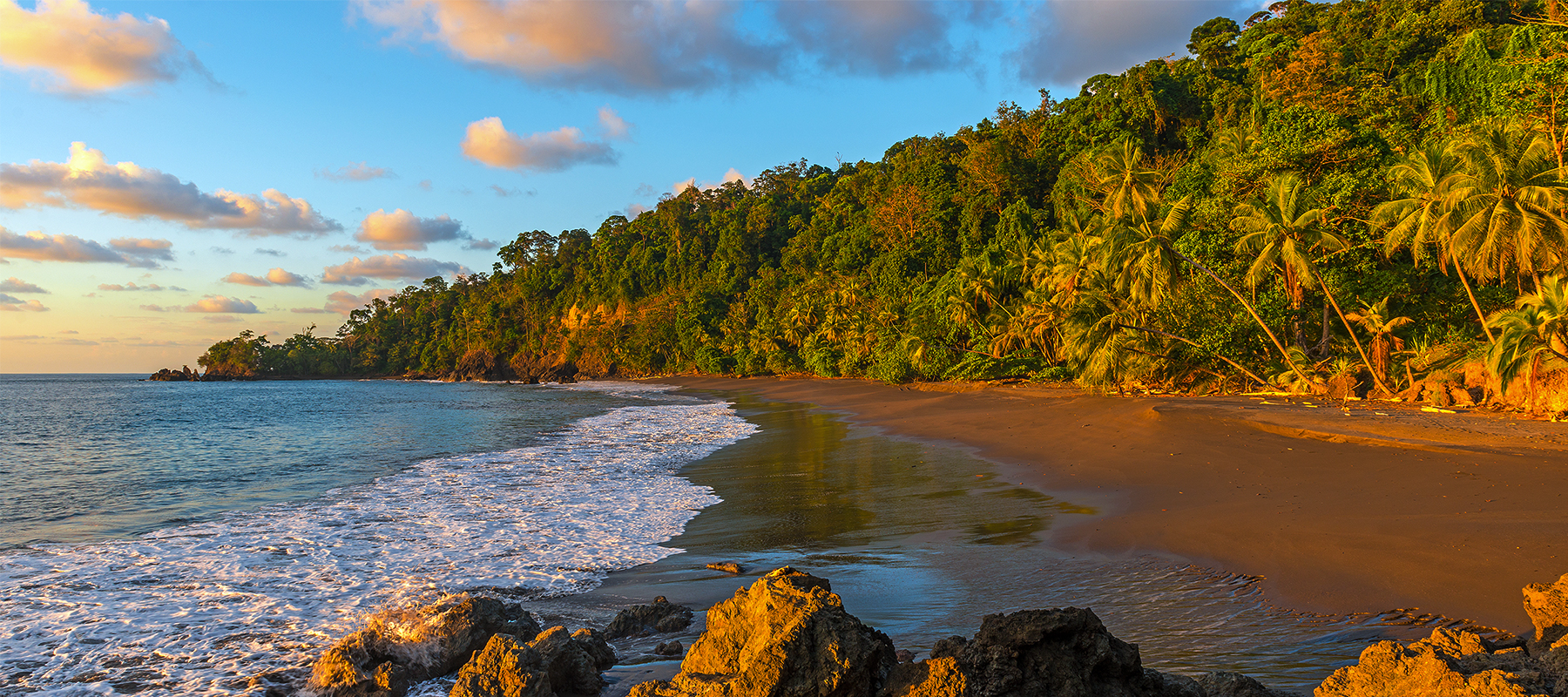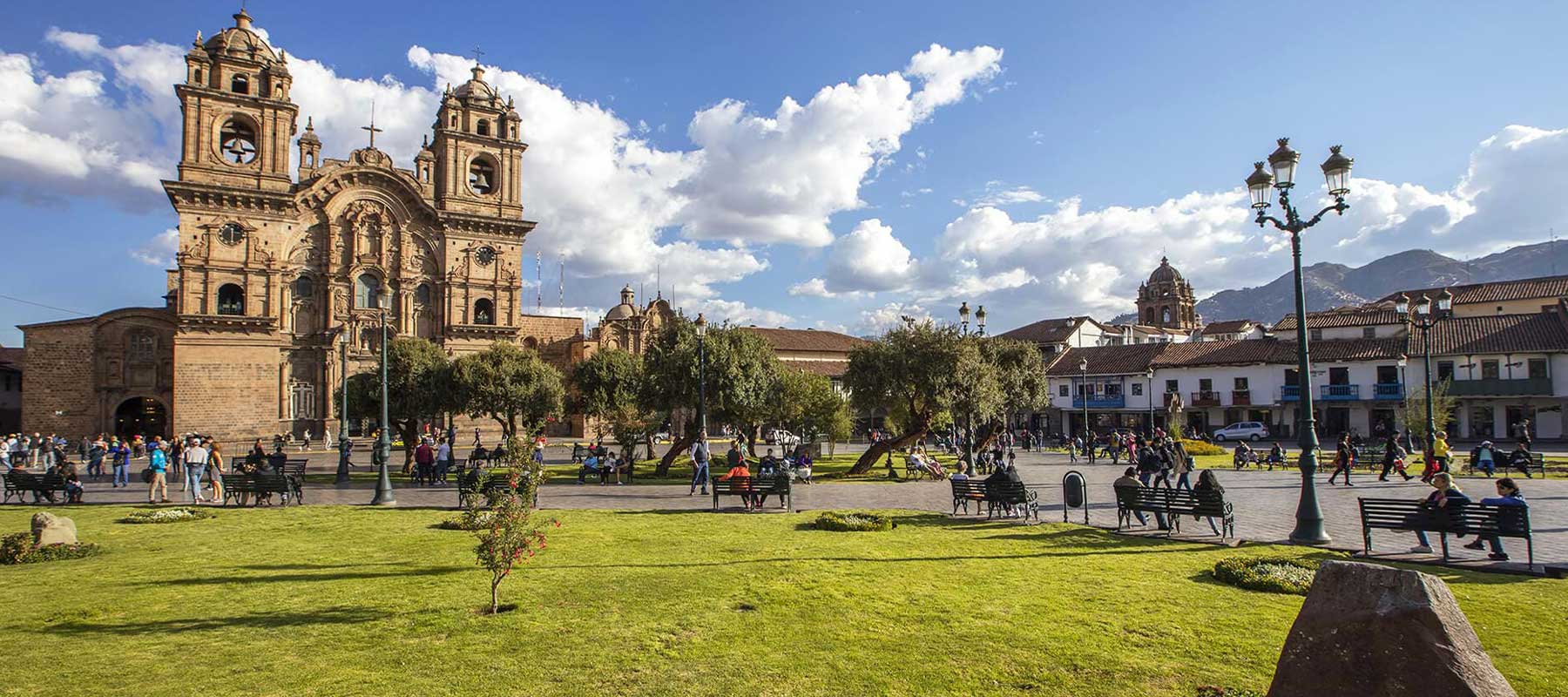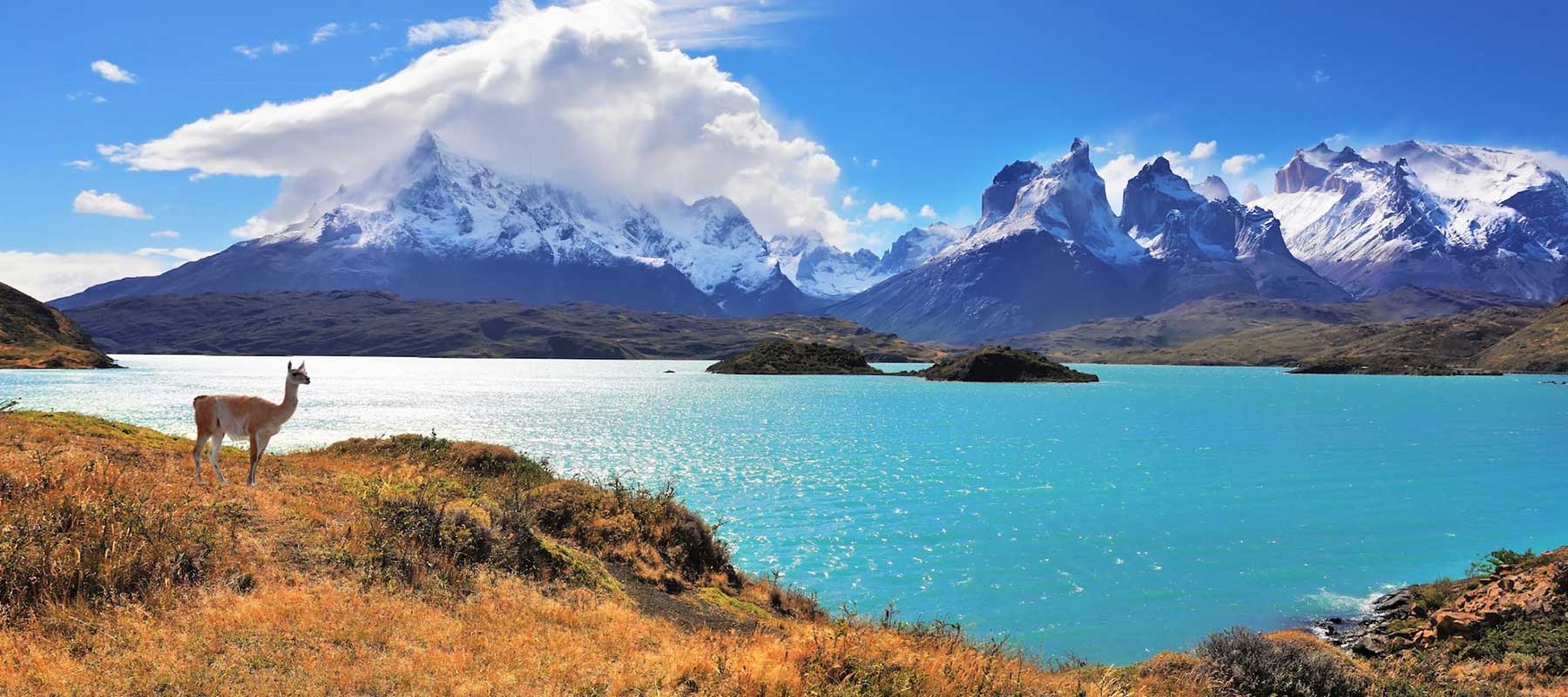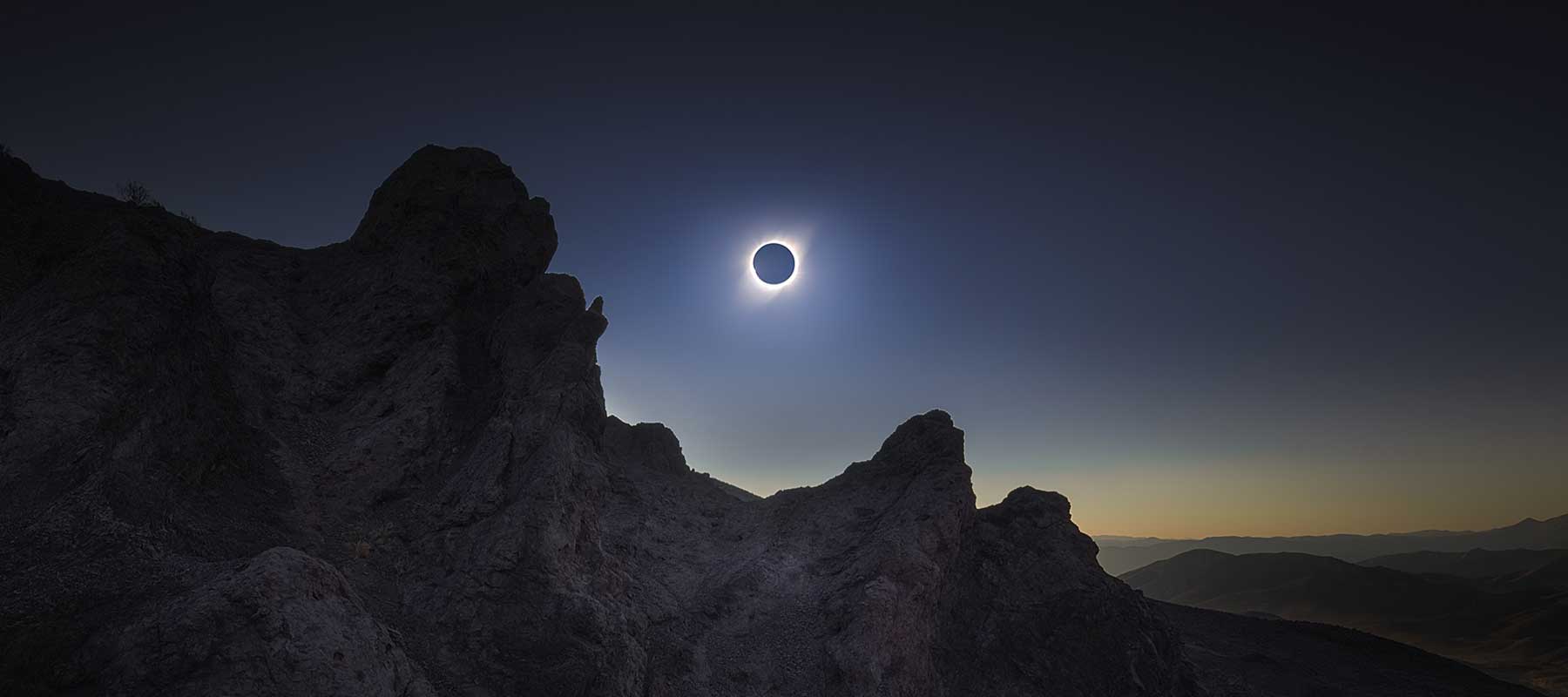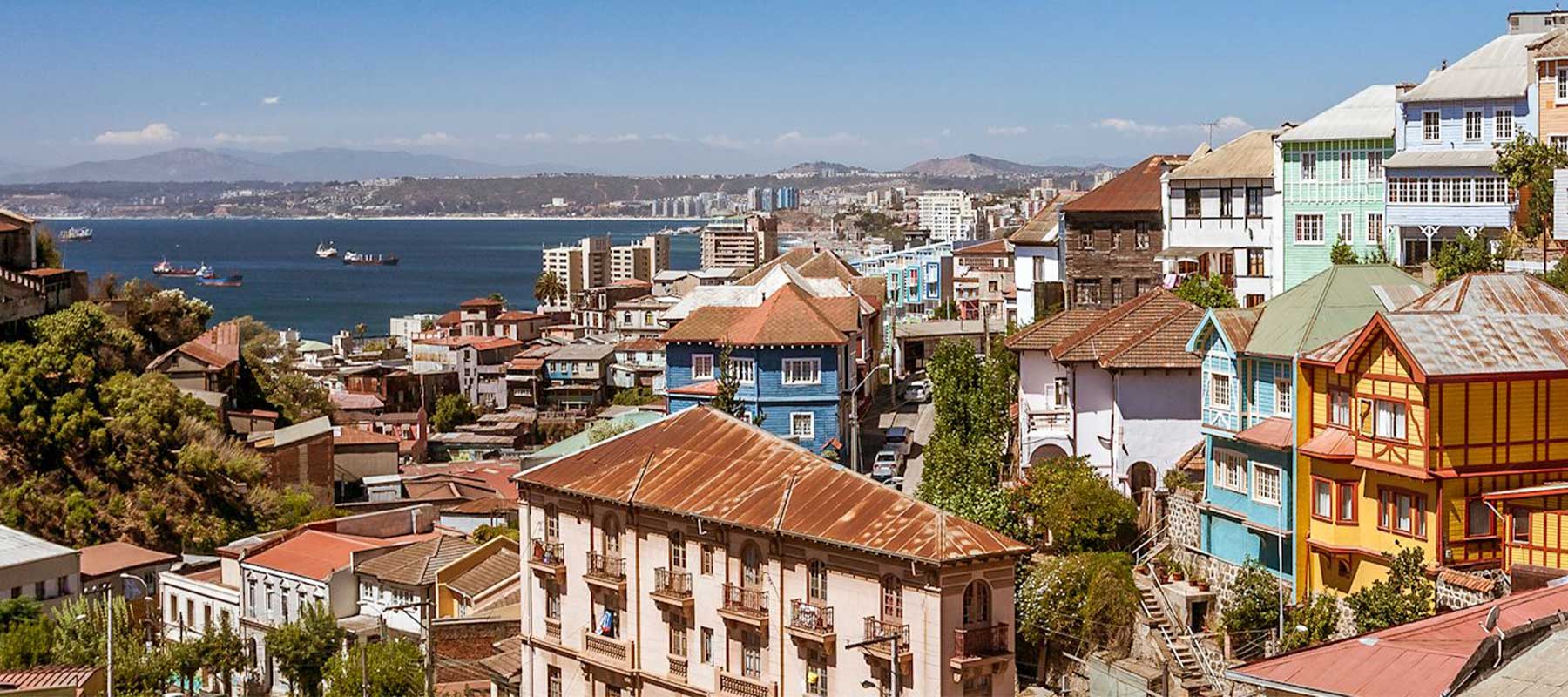On the coast of the Atlantic Ocean is the Costa Rican peninsula known as Nicoya, which is also a city and a canton (a kind of municipality). And it's a spot that even death forgets. Nicoya has an average life expectancy of 80 years (compared to 76.4 years in the United States), earning it the title of a Blue Zone, a region where people often live past the age of 100.
Their middle-age mortality rate is the lowest in the world, according to journalist and Blue Zones founder Dan Buettner. "The odds of a 60-year-old Nicoya living to 100 are eight times higher than those of an American." What, then, is it that makes people in Nicoya live such long lives? According to the experts, their busy lives with little stress are a major factor.
Living a pura vida lifestyle, drinking calcium-rich water, eating well, spending time outdoors, and being a family all contribute to the greater life expectancy of Nicoya Peninsula residents. The pura vida lifestyle emphasizes relaxing, unplugging, and spending quality time with loved ones, the environment, and one's own self. According to Simón Carrillo, the regional representative of the Nicoya Peninsula at the Costa Rican Tourism Board, "life in Nicoya is more relaxed, people have a greater sense of community, and as a result, stress is significantly reduced."
Rice, corn, beans, squash, and fresh fruit make up the bulk of a typical Nicoya meal, whereas meat and fowl are typically left out. The usual Nicoya diet is simple, substantial, and mostly plant-based. "As part of their regular activities, the residents here primarily concentrate on their agricultural tasks, which provide them with the majority of their income," Carillo stated. They make quick work of whatever fresh items are available when it's time to eat.
The three sisters of Mesoamerican agriculture—corn, beans, and squash—are likely the healthiest diet ever, according to Buettner. "In comparison to other Costa Ricans, Nicoyans consume far less milk."
People in Nicoya are accustomed to working in agriculture, therefore it's not uncommon for them to spend long hours outside in the sun collecting crops.
A process that changes cholesterol into vitamin D is set off by sunlight, according to Buetttner. Vitamin D insufficiency is common in the United States and is linked to mental health issues, diabetes, obesity, and impaired immune function. Strong bones are the result of a combination of vitamin D and calcium, which they get in abundance in their water.
According to Buettner, this labor doesn't end for many people at a certain age; he used the example of a 90-year-old woman he encountered while out machete-cutting grass. The people of Nicoya also don't take a break from their job. However, that in no way implies that play is neglected. A lot of people who live here prefer to keep things low-key and easygoing, appreciating the little things in life, spending time with loved ones, and taking in the breathtaking scenery. The beauty of nature is closely tied to the slow pace of life here, according to Carrillo.
Although there are a limited number of centenarians in Nicoya, the majority of the province's elderly population resides in smaller communities spread out around the peninsula. There are a lot of people who have never been behind the wheel, and the infrastructure for transporting cars is also very new in some of these areas. "Physical activity is constant, since the general culture depends less on vehicles and people often walk a lot," Carillo remarked, referring to this phenomenon. The residents of Nicoya engage in more regular physical exercise than that. You might find them swimming, lounging on the beach, surfing, or discovering the area's many hiking paths, all while taking in the breathtaking scenery. Because of their low stress levels and regular exercise, they are also excellent sleepers, which has several positive health implications, such as reducing the risk of cardiovascular disease, high blood pressure, and stress.
In addition to maintaining a healthy diet and regular exercise, Buettner stressed that Nicoya inhabitants are also making meaningful connections with people and discovering their life's true calling as they age. As the locals would say, "plan de vida," he emphasized the need of discovering one's purpose in life. They have a strong desire to help others and a pressing need to provide for their loved ones. For them, this is the driving force behind each morning's efforts, and it has the potential to extend their lives by seven healthy years. The year you retire, consumed by a profound sense of meaninglessness, is one of the most perilous years of your life.
It appears that the Blue Zone will continue to be a Blue zone for quite some time; as of 2023, over 900 individuals over 90 had been recorded, and over 5,000 residents over 75, with the majority of them enjoying good health as they age, according to the Costa Rican Ministry of Health. It appears that the ingredients for a Nicoya centenarian include more sunshine, more water, more nutritious food, more exercise, and more community.
